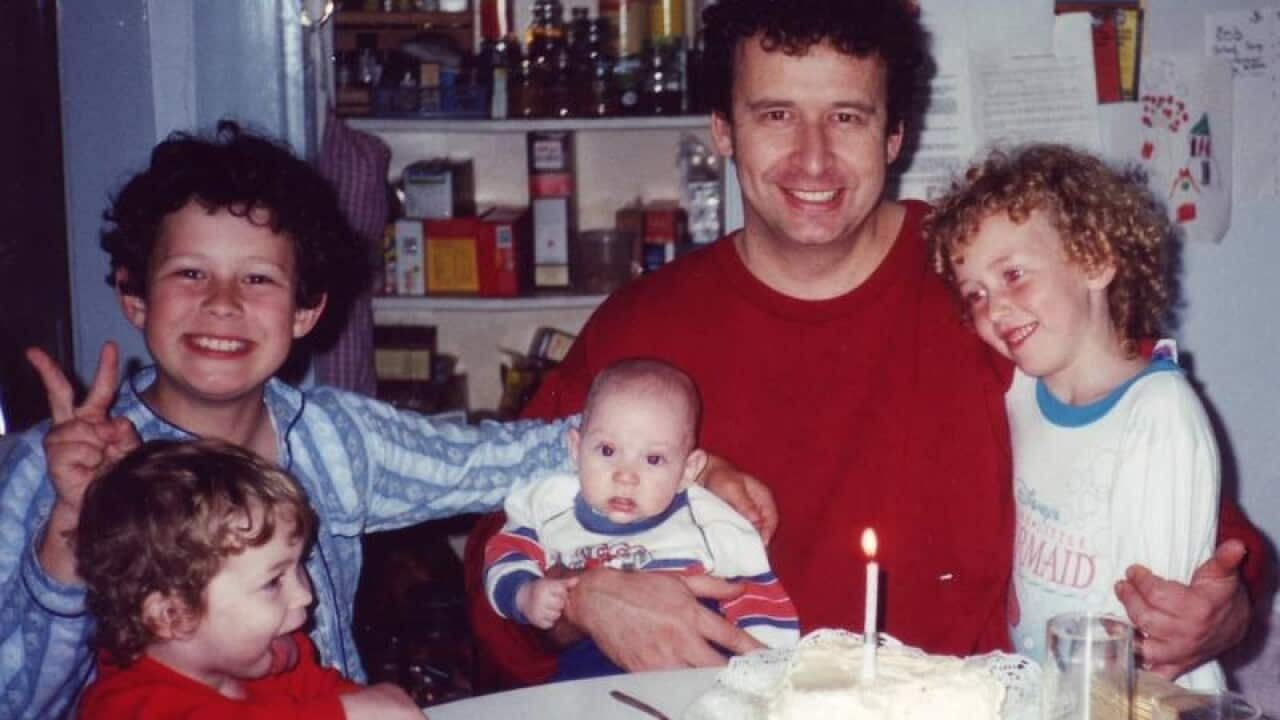An early Christmas present has been delivered to around 10,000 Australians suffering from a crippling kidney disease.
The first medicine to effectively treat the life-threatening genetic condition will be listed on the Pharmaceutical Benefits Scheme from January 1, saving patients $23,000 a year, the federal government announced on Sunday.
Autosomal dominant polycystic kidney disease (ADPKD) is a progressive and painful condition in which cysts develop and grow in the kidneys, leaving most sufferers on dialysis or requiring a transplant by age 60.
Sydney's Helen Coolican says her husband, who died in 2010 as a result of the disease, had dreamed of a drug that could help him battle ADPKD.
"It would have given him a few more years; that's precious time when you're a parent," she told AAP.
A parent with the disease has a 50 per cent chance of passing it on to their children, so it was disheartening but not surprising to find the couple's four children inherited ADPKD.
"This drug has given hope where there has been no hope," said Ms Coolican, who was part of the founding team of the Australian PKD Foundation.
"It's the best Christmas present."
The 66-year-old, from Sydney's north shore, donated her kidney to her husband Michael but he died nearly nine months later.
"He'd had a transplant and unfortunately he got pneumonia. That's one of the things that happens when you're immunosuppressed," she said.
The treatment drug, called Jinarc (tolvaptan), blocks the activity of a naturally occurring hormone, which is elevated in ADPKD patients and contributes to the proliferation of cysts in the kidneys.
While it doesn't cure patients it slows the progression of their condition, giving them more time until they face dialysis and transplant.
There are also multiple complications from the disease, including hypertension, chronic and acute pain and repeated urinary tract infections.
The PBS listing means around 900 patients a year will pay $40.30 per script, or $6.50 for concessional patients.
Delaying the disease through treatment means more years in the workforce and a better quality of life for patients, Ms Coolican said.

